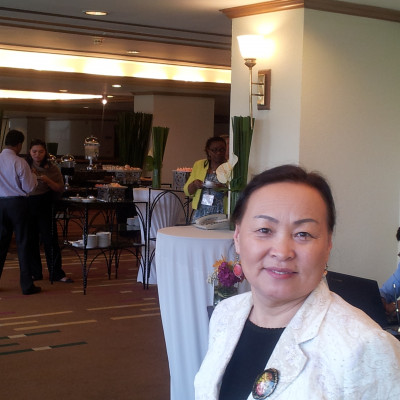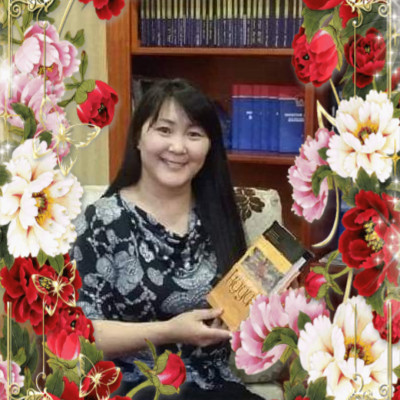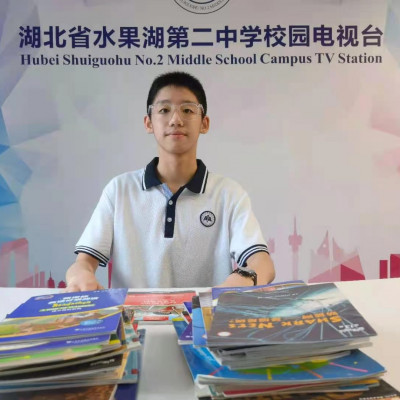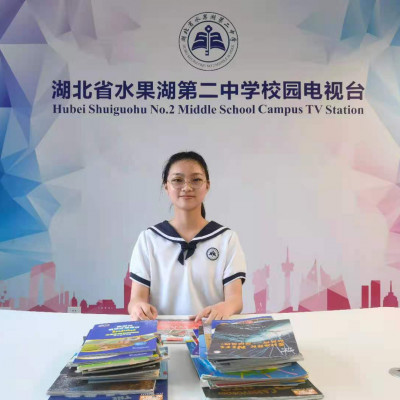Sessions / Junior and Senior High School
How Does Extensive Reading Help Japanese EFL Learners’ Summary Writing Ability? #1597
The aim of the study is to examine how extensive reading would help Japanese EFL learners to develop summary writing ability. The results indicated that the ER group developed their ability to provide more detailed description of a story with a clearer sequence of events than their counterparts.
Action Research into Reading Activities for Building Motivation and Skills #1609
This short presentation reports on action research into the baseline reading profiles of students and factors that may have impacted on learners’ past reading experiences. A reading project with graded reading, timed reading, and Reader’s Theatre was introduced to build skills and motivation for low proficiency university freshmen in Japan.
Extensive Reading Habits and Attitudes of EFL Learners: the case of Lower Secondary Schools in Ethiopia #1658
Reading literacy is significant for learners’ academic success, and high levels of reading literacy can be established through strong engagement in extensive reading. This study, thus, investigated lower secondary school learners’ habits and attitudes toward extensive reading. The data were collected from 377 learners in North Wollo Zone, Ethiopia, using a survey questionnaire. Descriptive (frequency, percentage, mean, standard deviation) and inferential (independent samples t-test) statistics were used to analyze the data. The findings of the study indicated that majority of the learners’ habit of extensive reading was poor: a great majority of them did not read any book over the last year, and most of them did not read for pleasure every day at all. The finding of the study also showed that most of the learners’ attitudes toward extensive reading was not favourable, and they mostly read for academic purposes. It was also found that there was no significant difference between gender and age of learners regarding their extensive reading habits and attitudes. Lack of appropriate reading materials, low English ability, and lack interest in reading are the major factors that affect learners’ leisure reading habits. Based on the results, it can be suggested that integrating extensive reading programme (accessibility of a wide range of interesting reading materials based on the learners’ linguistic level and interest) in input-poor English as a Foreign Language contexts like Ethiopia is essential to promote learners’ extensive reading habits and develop positive attitudes toward (extensive) reading.
The Experience Sharing Practices of Extensive Reading Teachers in Mongolia #1690
A total of 50 secondary school English Teacher involved in Experience sharing practical training to expand their extensive reading performances at 17 different provinces and districts of Mongolia. These participants, who have been teaching English at public and private schools were asked to 5 different exercising group “How to invest extensive reading in the remote country local school”, “How to combine the curriculum and extensive reading activities”, “How to motivate the graded readers”, “How to invest extensive reader at local school” and “How to integrate English readers to other subjects at school”. For the exercise groups, the instruction time was four-day-experiments for seeking the best practices how to expand Extensive Reading approach among other English teachers those not using extensive reading tools. Four-day-experience sharing practical training later, listened 15-minute micro training presentations from each group and questions, clarification and feedback on each presentation. The major findings are as follows: 1) Extensive reading invested by local school alumna, 2) Extra curricula and school activities maximized by extensive reading clubs. The results of this experience sharing, 14 the best practitioners were recognized to coach other new instructors to perform extensive reading approach in Mongolia.
Literature in secondary EFL class: Case studies of four experienced teachers’ reading programmes in China #1579
To explore the integration of literature into secondary EFL teaching, this exploratory multiple case study investigates four reading programmes implemented by experienced teachers in Chinse secondary schools. Data were collected from teachers’ reflective journals, semi-structured interviews, and related documents and artefacts. Implications are discussed in relation to teacher education.
Cancelled Making Literature Accessible: Adapting Classics for Teens and Young Adults #1565
The talk gives insights into the adaptation of classics for secondary-level learners. Drawing on narratology and corpus-driven language analysis, I will showcase the narrative, stylistic, syntactic and lexical choices made during the adaptation of “The Age of Innocence” by Edith Wharton through examples from the original and adapted texts.
Tying Fluency Reading to Regular Course Content #1594
Various activities can be conducted in class to maximize fluency building opportunities with graded readers and regular course target language. Speaking and writing activities based on thematically connected graded readers, and reading aloud activities constructed from target language can promote both wide and narrow fluency development.
Cancelled Extensive Reading out of the Classroom #1592
Extensive Reading was promoted through rural school teachers over an entire province. Local school students, especially the teenagers, recognized that learning could be effective over the internet, too.
How Readers Are to Be Assisted for Pleasure Reading: A Choice of Assistance to Promote Extensive Reading #1580
This study examines the relationship between reading quality and the way readers monitor their progress. Learners through ER often feel the dilemma of quiz taking or pleasure reading. In this study, learners who read for pleasure demonstrated a better reading habit than those who read for quizzes.
Improving the combination of Intensive and Extensive Approach by Extensive Readers Club project #1576
this presentation will share the finding of pilot project implementation of extensive reading clubs. steps of the project, methodology of measurement on 300 selected readers in 17 different provinces and districts. final report of the project implementation raised extensive readers voice to decision makers to expand English class inputs and combination of IR and ER.
An ER Program in a Large Class in Middle School #1548
We'd like to share with you how we practiced extensive reading in a public middle school in China since 2019. The presentation is mainly about how we organize the program and what we have achieved.
The Experience Sharing Practices of Extensive Reading Teachers in Mongolia #1559
The Best Experience Sharing through the practical training was effective to find out what Best Examples are among the extensive reading practitioners. Certificated the coach ministry to new instructors were supportive to the association of Extensive Reading in Mongolia.
















